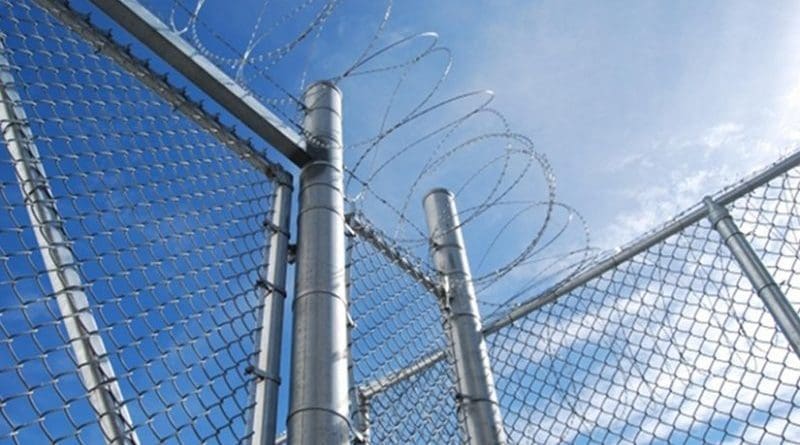Brazil: Prisons Massacre An Announced Tragedy
Confrontations between rival gangs in the Prison Complex Anisío Jobim, in Manaus, the capital of the northwestern state of Amazonas, this past Jan. 1 and 2, resulted in 56 deaths. Four days later, 33 inmates in the Penitenciaría Agrícola Monte Cristo (Monte Cristo Farm Penitentiary) in Boa Vista, capital of Roraima state, in the north of the country, were also slain.
According to Justice Minister Alexandre de Moraes, it would have been a settling of scores between the members of Primeiro Comando da Capital (First Capital Command-PCC), the largest criminal gang in the country, formed in São Paulo, and members of Família do Norte (Family of the North-FDN), an allied group of Comando Vermelho (Red Command), with a strong presence in Rio de Janeiro. The PCC and the Comando Vermelho dispute the control of the main drug trafficking routes in Brazil, particularly in those areas sharing borders with Bolivia, Colombia, Guyana, Peru and Venezuela.
De Moraes admitted that the penitentiary system in Brazil has now collapsed due to the overcrowding, unhealthy conditions and permanent confrontations between rival gangs. According to the Prison Administration of Amazonas, the Anisío Jobim prison now holds 1,224 inmates, when its maximum capacity is for 454 inmates.
Human Rights Watch (HRW), based in the United States, denounced in its World Report 2016 the severe overcrowding and violence in Brazilian jails.
“Many Brazilian prisons and jails are severely overcrowded and plagued by violence. The number of adults behind bars jumped 80 percent in the past decade, and in June 2014 it exceeded 600,000 people — over 60 percent more than the prisons were built to hold — according to the latest data from the Ministry of Justice’s Integrated System of Penitentiary Information (InfoPen). Overcrowding and lack of sufficient staff hinder prison authorities from maintaining control within the prison grounds, leaving inmates vulnerable to violence and gang activity,” the report indicated.
Likewise, HRW indicated that “the crowded conditions also impact prisoners’ health. The prevalence of HIV infection in Brazil’s prisons is 60 times — and of tuberculosis almost 40 times — that of the overall population, according to InfoPen. A lack of adequate medical screening, prevention, and care, along with poor sanitation and ventilation, contribute to the spread of disease among inmates.”
Negligent state
Uziel Castro, the security secretary for Roraima state, declared that no confrontation between gangs took place in the case of Boa Vista; but instead, some prisoners beheaded, maimed and dismembered other inmates using sharp weapons.
In statements to the press, Glen Wilde do Lago Freitas, a lawyer member of the National Comission on Human Rights of the Bar Association of Brazil, said that the confrontation in Manaos was expected, given that the FDN had for a year threatened to kill members of the PCC.
“The state turned a blind eye, was negligent and did nothing to prevent the massacre,” he said. “It was an announced tragedy.”
According to Justicia Global (Global Justice), a nongovernmental organization that carried out an inspection of four prisons in Manaos during the latter part of 2015, there is a total absence of the state in those facilities. The inmates are those who have control of the cell blocks, and there is even the presence of the “chaveiro” or key holder, an inmate responsible for opening and closing the cells, the organization said.
“When you place inmates who are members of rival gangs in the same prison, the state has no control of what happens in there, and the ones in control is organized crime,” said Marcos Fuchs, deputy director of Conectas, a Brazilian organization for the defense of human rights.
Brazil has the fourth largest inmate population in the world, behind the United States, China, and Russia. It has 622,000 inmates incarcerated, a number that surpasses by 67 percent the capacity of the jails.
In a statement, the United Nations High Commissioner for Human Rights demanded Brazilian authorities to conduct an “immediate, fair and effective” investigation on the events that took place in the jails of Manaos and Boa Vista, while at the same time it considered that the events are not isolated incidents, but on the contrary they reflect “the chronic situation of the detention centers in the country.”

